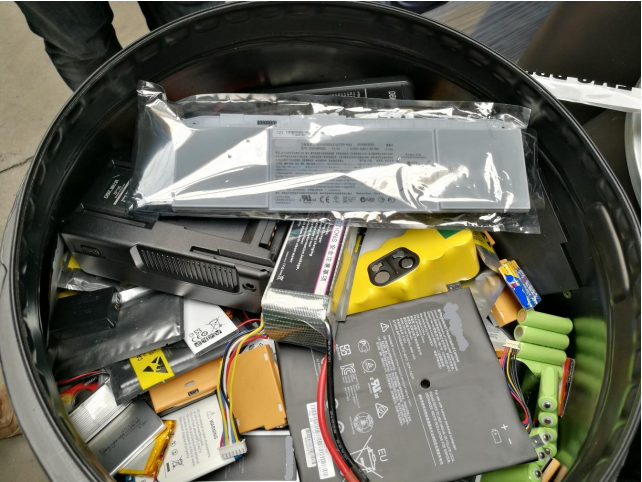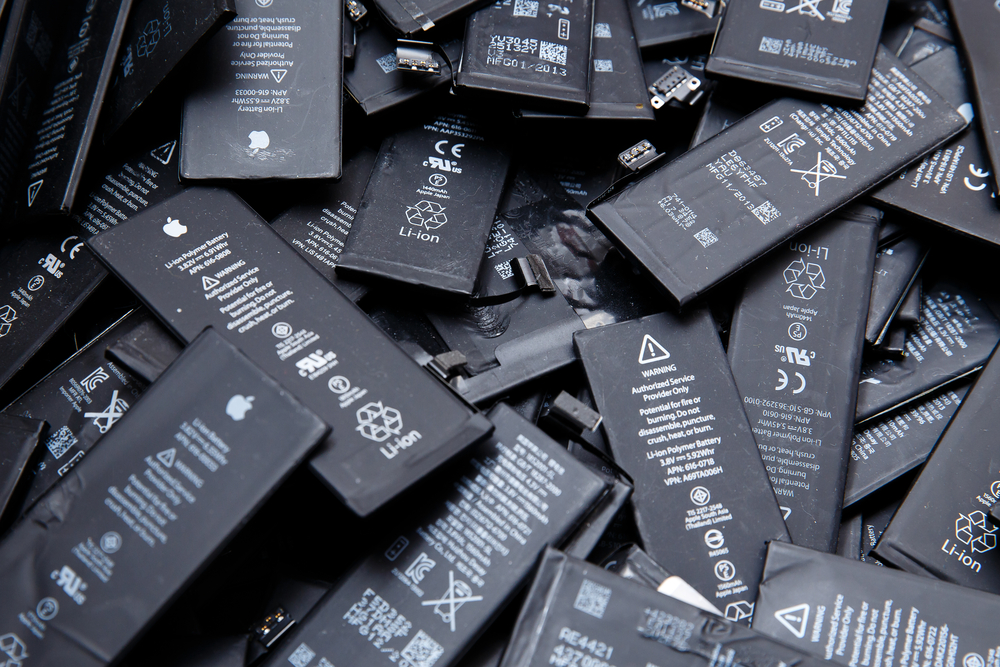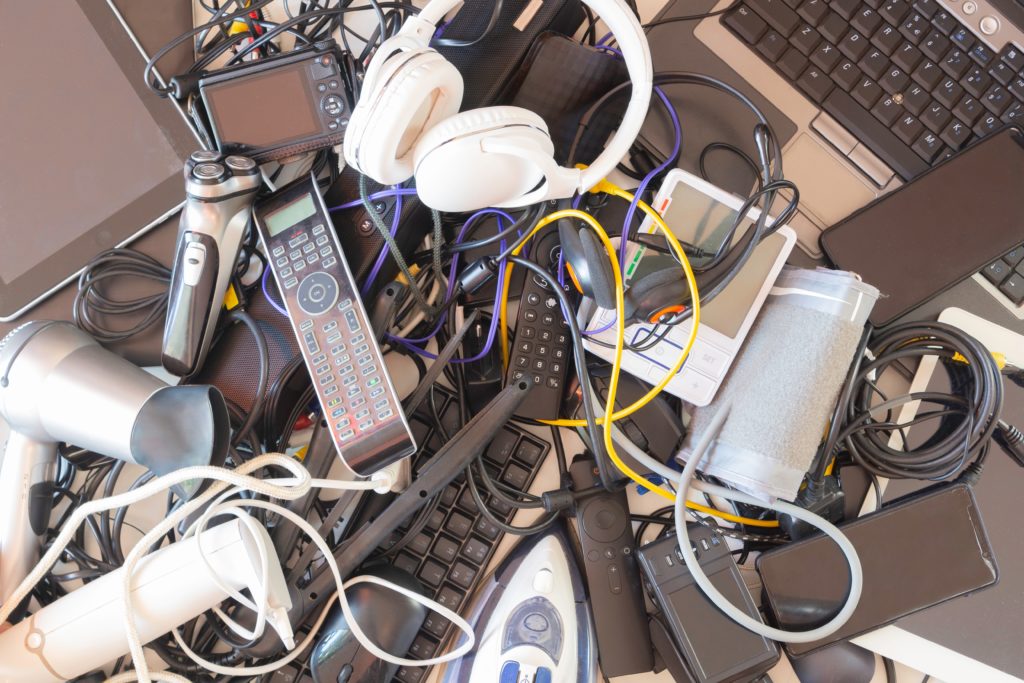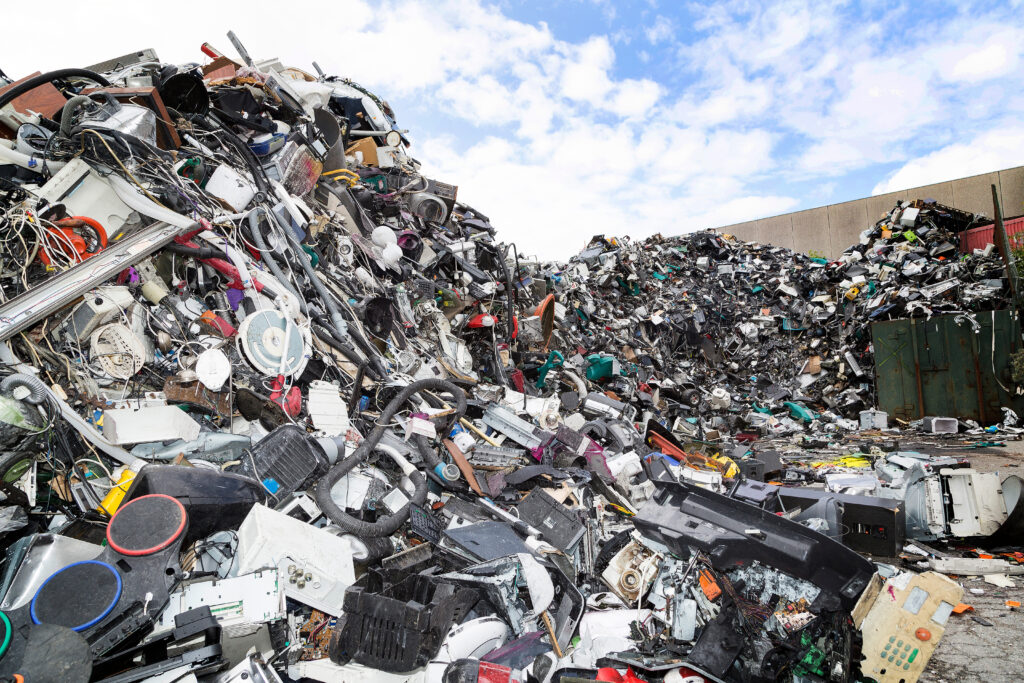On 12 July, the WEEE Forum compliance scheme association and EuRIC, the confederation representing the interests of the European recycling industries at EU level, published a report on the fires.

Aimed at everyone from producer responsibility organisations to local authorities and policymakers, the report presents a set of recommendations and good practices.
In a statement, the WEEE Forum said: “The report concludes that there is not a magic formula that will eradicate the risk of fires caused by WEEE containing batteries.
“It is imperative that actions are taken urgently in all steps of the lifecycles of EEE and lithium batteries and by all actors in the value chain: from design to disposal of WEEE and batteries including the consideration of transport and treatment. For this, further work to assess the extent of the issue and potential solutions is required.’’
The report was prepared with the “active contribution” of various organisations, including the co-signatories EERA, EUCOBAT, Municipal Waste Europe and the WEEELABEX Organisation.
Thermal events
The report suggests “thermal events” in WEEE can be caused by a short circuit, a physical impact or shock, or heat exposure.
“There is not a magic formula that will eradicate the risk of fires caused by WEEE containing batteries”
The main issue with fires is the additional and unexpected costs, the report says. These costs are often related to repairing damages, the loss of waste burned and a temporary interruption of activity.
The report highlights the need for a longer term co-operative approach across the complete supply and disposal chain to tackle fires. It calls for “comprehensive, convenient and safe” infrastructure to be in place to ensure batteries are separately collected for recycling.
To prevent fires at the design stage, the report recommends better labelling of EEE, the improved design of EEE containing batteries and the improved design of batteries.
To mitigate risks during collection, the report suggests introducing dedicated receptacles for lithium batteries and WEEE containing lithium batteries and adapting facilities to include fire prevention, detection, and mitigation measures.
Lithium batteries
Lithium batteries, primarily lithium-ion batteries, are widely used to power devices such as laptops, power tools, mobile phones, tablets, and e-bikes. The increasing use of cordless devices has seen massive growth in the use of lithium batteries .

The Environmental Services Association (ESA), the trade association representing the UK’s resource and waste management industry, launched a campaign in October 2020 in a bid to tackle the growing number of fires caused by batteries (see letsrecycle.com story).
Data published by the ESA showed that the proportion of all fires reported at members’ facilities caused by lithium-ion batteries between April 2019 and March 2020 rose from around a quarter to more than a third (38%).
Research
To produce their report, a group of organisations aiming to address the safety issues surrounding the recycling of WEEE containing batteries came together in June 2019.
At the roundtable, several organisations including EuRIC, the WEEE Forum, WEEELABEX and EERA committed to participating in a survey to collate good practices aimed at tackling fires at all stages of WEEE management.
The survey was launched in October 2019. A total of 109 completed questionnaires were received.
Among those to contribute the report from the UK was the AATF Forum, an informal body representing the interests of the UK WEEE treatment sector chaired by Phil Conran.
Eighty-one of the respondents (74%) indicated they had implemented “good practices and mitigation measures” at their facilities between 2016 and 2019. Among those 81 respondents, 62% reported thermal incidents associated with batteries in 2018.
There was no “significant relationship” between the type of activities carried out on site, the facilities that declared a thermal event in 2018 and those with good practices and mitigation measures implemented between 2016 and 2019.
Related links
Recommendations for tackling fires caused by lithium batteries in WEEE











Subscribe for free